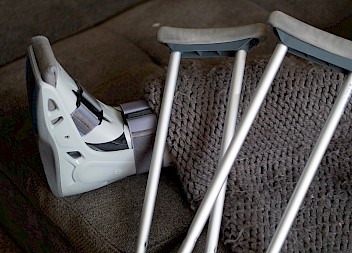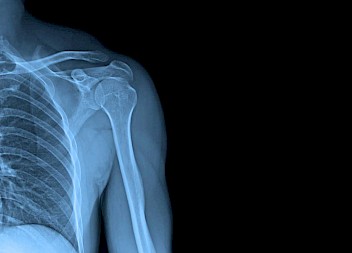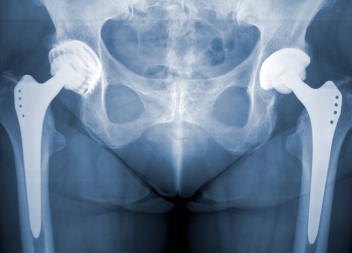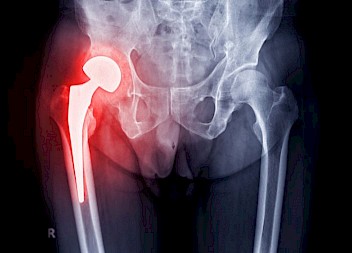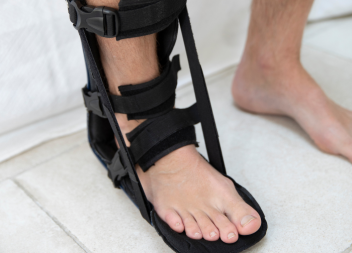A 35-year-old lady received compensation of £307,494.80 against two defendants for negligently treating her condition of De Quervain’s tenosynovitis which affected her left hand. She underwent a number of unnecessary procedures and was left with permanent chronic pain and weakness in her left hand. She continued to suffer with her condition tenosynovitis.
This 35-year-old mother (“C”) suffered with De Quervain’s tenosynovitis which affected her left wrist, hand and arm. She had previously been advised by a surgeon that if physiotherapy did not help her condition, she could be offered a steroid injection, once she had stopped breastfeeding her eight-month-old child.
In January 2014 the second defendant surgeon recommended instead that she undergo a surgical procedure to release the first extensor compartment in her hand. She underwent the surgery in March 2014. This was carried out by the first defendant surgeon.
Despite this surgery,C continued to suffer with pain in her wrist and around the surgical scar. And so, in October 2014 the second defendant surgeon advised her to undergo a further surgical release procedure which was performed in November 2014 at the first defendant hospital. This was carried out only some seven months after the first surgery when any scarring from the first surgery was still immature. She was not given the option of more conservative measures such as physiotherapy to treat her ongoing symptoms.
Following this second surgery the pain and weakness in her wrist became worse, particularly when moving her arm upwards. A steroid in injection did not improve this.
C’s claim was brought on the basis of lack of informed consent. It was alleged that it was inappropriate to offer her surgery in January 2014 rather than the more conservative option of a steroid injection. It was alleged that they were further negligent for offering her surgery in March 2014, when again, she should have been offered a steroid injection. The defendants had failed to offer her conservative non-surgical management in March 2014. They had also failed to arrange post-operative physiotherapy.
It was also alleged in October 2014 they failed to consider an alternative diagnosis for her ongoing problems. They further failed to obtain her informed consent for the revision procedure in November 2014. It was also alleged that the procedure itself was performed negligently by using deep absorbable sutures in an area which was already considerably scarred. The defendant surgeon failed to record his reasons for deviating from the original preoperative plan to avoid using such sutures. Further, no physiotherapy was arranged following the November 2014 surgery.
The defendants made some partial admissions to the claim. They admitted that in January 2014, a steroid injection, rather than surgery should have been recommended. If a steroid injection had taken place at that point, they conceded that, on balance she would have avoided undergoing surgical treatment. However, they put C to strict proof that she would have elected to receive a steroid injection rather than surgery.
As a consequence of the surgeries C was left with pain and weakness in her left hand with tightness over the first dorsal compartment and nerve damage. In a last ditch attempt to improve her symptoms of chronic pain, C did undergo a further procedure in May 2018 to bury the superficial radial nerve, explore the first dorsal compartment and re-release both sub- compartments. The surgery was unsuccessful in treating the chronic pain.
The injuries that C was left with made it very difficult for her to care for her young son. She needed help with daily living activities and would do so for the rest of her life.
An out of Court Settlement for £307,494.80 total compensation was broken down as follows:
-
Pain, suffering and loss of amenity: £30,749.48
-
Past financial losses (including for care needed and lost earnings) of £50,000.
-
The balance for future financial losses of some £50,000.


